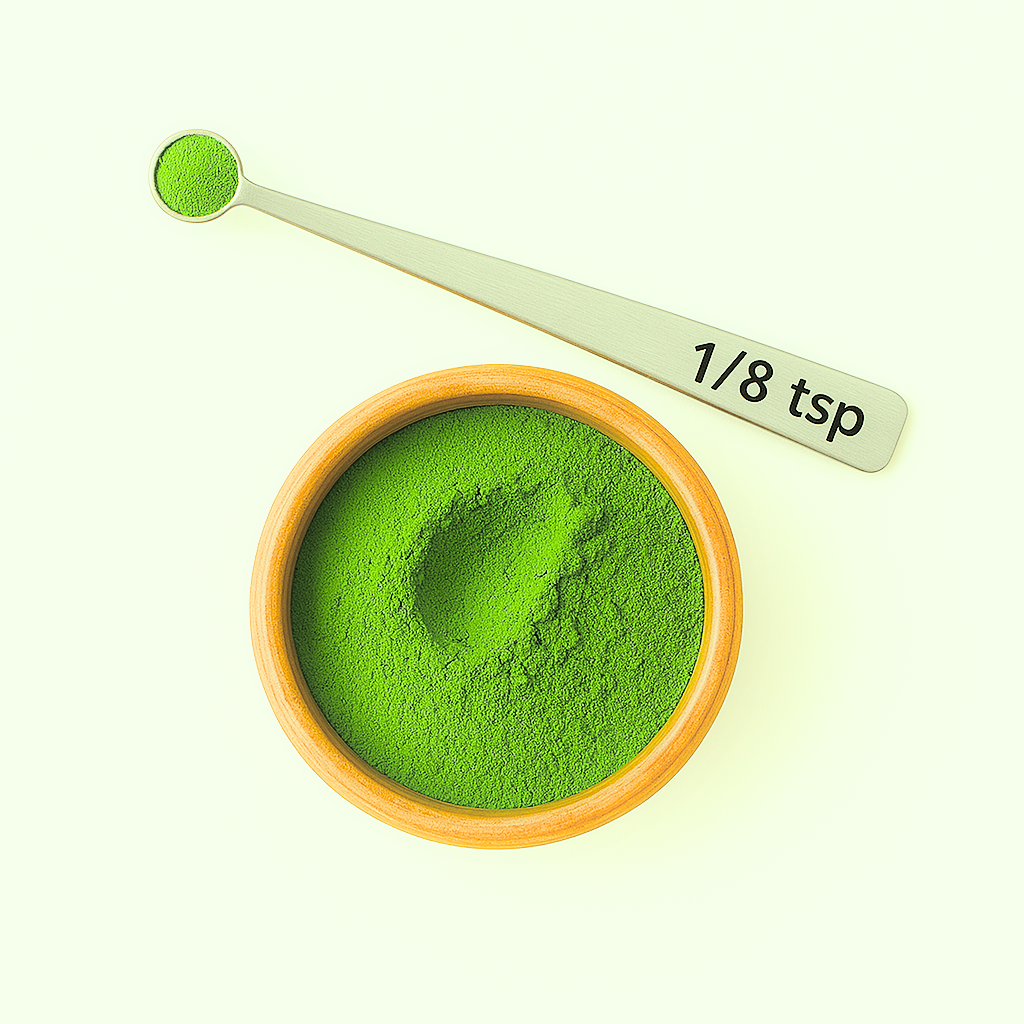
The Role of Gut Health in Supporting Immune Function: How Powdered Microgreens Fit In
Scientific research continues to reveal the close relationship between gut health and overall wellness, particularly the role the gut microbiome plays in supporting immune function. The gastrointestinal tract is home to a diverse ecosystem of microorganisms that help regulate digestion, nutrient absorption, and immune signaling.
Maintaining a healthy and balanced gut environment can help support the body’s natural defenses. While no single food or supplement can “boost” immunity, a well-rounded diet that includes microbiome-supportive components - such as fiber-rich, plant-based foods - may contribute to a more resilient system.

Understanding the Gut Microbiome and Its Impact
The gut microbiome refers to the trillions of microorganisms - including bacteria, fungi, and viruses - that reside in the digestive tract. This complex community plays a role in key processes, including the development and modulation of the immune system.
Diet is a major factor influencing the diversity and health of the microbiome. In particular, plant-based fibers known as prebiotics serve as a food source for beneficial gut bacteria. These fibers are not digested by humans but are fermented in the colon, supporting a favorable microbial balance. Prebiotic-rich foods may include chicory root, leeks, onions, oats, asparagus, and microgreens.
Where Microgreens May Fit In
Freeze-dried microgreens, such as those in the MiracleMicrogreens™ blend, offer concentrated nutrients and fiber in a compact form. While not a replacement for a varied, whole-food diet, they can be a convenient way to complement meals - particularly when fresh produce isn’t readily available or time is limited.
Some microgreens contain dietary fibers and naturally occurring phytochemicals that may contribute to overall gut health when consumed as part of a balanced diet. In addition, their antioxidant content - including vitamins C and E - may help protect cells from oxidative stress, which can influence immune health indirectly.
A Note on Probiotics and Prebiotics
It’s important to distinguish between probiotics - live microorganisms typically found in fermented foods - and prebiotics, which are fibers that nourish those organisms. While microgreens are not considered probiotic sources, they can be a source of dietary prebiotics and other beneficial plant compounds. Including both probiotic- and prebiotic-rich foods in your overall eating pattern may support a healthier gut environment.
Practical Applications
MiracleMicrogreens™ is designed to integrate easily into meals and beverages. The powder dissolves completely into smoothies, broths, sauces, and more - allowing for a flexible way to incorporate nutrient-dense plant matter into daily routines, including those of children and adults alike.
While more research is needed to fully understand the specific impacts of individual microgreens on gut health, current science supports the general value of diverse, plant-based diets in maintaining gut microbial balance.
In Summary
Gut health is one of many interconnected factors that contribute to a well-functioning immune system. While no single ingredient can offer a cure or guarantee protection, nutrient-dense foods like microgreens may be a helpful part of a broader dietary strategy aimed at supporting long-term wellness.
Learn more about MiracleMicrogreens™ and how they can fit into your daily approach to whole-food, science-informed nutrition.
This post is for educational purposes only and does not constitute medical advice. MiracleMicrogreens™ products are not intended to diagnose, treat, cure, or prevent any disease. Always consult with a healthcare provider before making dietary changes or using new supplements.
